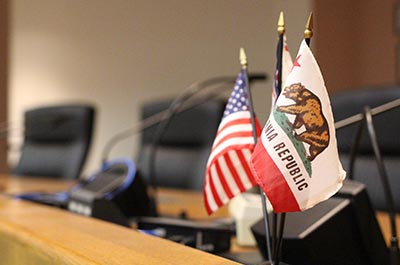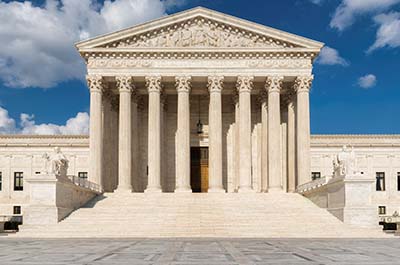In October 2023, Governor Newsom signed into law two bills related to student health. Assembly Bill (AB) 230 expands access to menstrual products, and AB 659 requires notification to parents and guardians regarding human papillomavirus (HPV) vaccination.
According to the California Department of Education Office of Financial Accountability and Information Services, pursuant to Public Contract Code section 20111(a), the bid threshold for K-12 school districts' purchases of equipment, materials, supplies and services (except construction services) has been adjusted to $114,500, effective January 1, 2024.
On October 13, 2023, Governor Gavin Newsom signed Senate Bill (SB) 494, which limits the circumstances under which a school board can take action to terminate cabinet-level employees.
Earlier this year, Governor Gavin Newsom signed two bills into law, both of which concern how school districts impose student discipline.
On September 23, 2023, Governor Gavin Newsom signed Senate Bill (SB) 760, which requires each school district, county office of education, and charter school maintaining any combination of classes from first grade to twelfth grade, inclusive, to provide and maintain at least one all-gender restroom for student use at every school site, by no later than July 1, 2026.
On September 13, 2023, Governor Newsom signed Senate Bill (SB) 141 into law, which, among other things, temporarily extends the number of days a substitute teacher can teach in any one assignment.
Governor Gavin Newsom recently signed two bills into law that expand the opportunities and incentives for students to serve as pupil members of governing boards.
In the ongoing battle against the opioid epidemic,the California Legislature recently passed Melanie's Law in an effort to prevent fentanyl overdoses in California public schools.
Several California school districts are facing legal challenges brought by parents and teachers to district policies favoring student privacy with respect to gender expression and identity. Other school districts are adopting parental notification policies requiring district staff to notify a student’s parents when their child requests to use a different name or pronouns than those assigned










